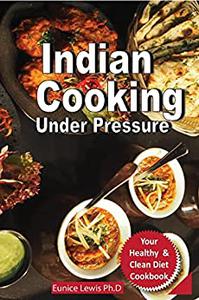
INDIAN COOKING UNDER PRESSURE: Complete Pressure Cooker Indian Recipes To Prepare At Home by Eunice Lewis Ph.D
English | 2022 | ISBN: N/A | ASIN: B09S1C1G4G | 204 pages | EPUB | 1.87 Mb
A cookbook containing 50+ North and South Indian recipes, Indian Cooking Under Pressure: Complete Pressure Cooker Indian Recipes To Prepare At Home. In this booklet, Eunice provides 50+ delicious North and South Indian recipes. With these tried-and-true recipes, you'll spend less time in the kitchen and more time with your loved ones, eating delicious, aromatic, and flavorful cuisine.

I LOVE MY PLANT BASED COOKBOOK: The Complete Guide with Vegan Keto Diet and Plant Based Diet for Rapid Weight Loss, Enjoying the Health Benefits of Your Life by Eunice Lewis Ph.D
English | 2022 | ISBN: N/A | ASIN: B09RBGBF6R | 140 pages | EPUB | 1.40 Mb
Do you need to shed pounds quickly? Do you want to reduce weight while still eating the meals you enjoy?

Glow graffiti art style editable vector text effect
EPS + preview

Gold new year 2023 editable text effect vector template
EPS + preview

Street graffiti 3d editable vector text effect style
EPS + preview
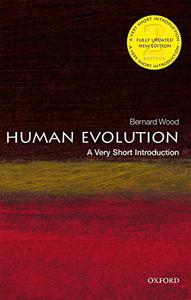
Bernard Wood, "Human Evolution: A Very Short Introduction"
English | 2019 | ISBN: 0198831749 | EPUB | pages: 160 | 1.2 mb
This Very Short Introduction traces the history of paleoanthropology from its beginnings in the eighteenth century to the latest fossil finds. Although concentrating on the fossil evidence for human evolution, it also covers the latest genetic evidence about regional variations in the modern human genome that relate to our evolutionary history. Bernard Wood draws on over thirty years of experience to provide an insider's view of the field and some of the personalities in it, and demonstrates that our understanding of human evolution is critically dependent on advances in related sciences such as paleoclimatology, geochronology, systematics, genetics, and developmental biology.
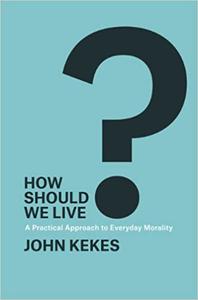
John Kekes, "How Should We Live?: A Practical Approach to Everyday Morality"
English | ISBN: 022663907X | 2019 | 264 pages | PDF | 957 KB
What is your highest ideal? What code do you live by? We all know that these differ from person to person. Artists, scientists, social activists, farmers, executives, and athletes are guided by very different ideals. Nonetheless for hundreds of years philosophers have sought a single, overriding ideal that should guide everyone, always, everywhere, and after centuries of debate we're no closer to an answer. In How Should We Live?, John Kekes offers a refreshing alternative, one in which we eschew absolute ideals and instead consider our lives as they really are, day by day, subject to countless vicissitudes and unforeseen obstacles.
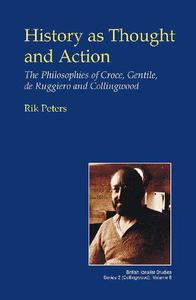
History as Thought and Action: The Philosophies of Croce, Gentile, de Ruggiero and Collingwood By Rik Peters
2011 | 400 Pages | ISBN: 1845402448 | PDF | 3 MB
This is the first book-length study of the relationship between Benedetto Croce (1866-1952), Giovanni Gentile (1875-1944), Guido de Ruggiero (1888-1948) and Robin George Collingwood (1889-1943). Though the relationship between these highly influential philosophers has often been discussed, it has never been studied comprehensively. On the basis of published and unpublished writings this study carefully reconstructs their debate on the relationship between thought and action, following their explorations of art, history, philosophy and action in the context of the First World War and the rise of Fascism and Nazism. This book unveils the hidden past of contemporary philosophy of history and divulges the last secret of Collingwood's Italian connection. Dr Rik Peters is Senior Lecturer in the Department of History at the University of Groningen.

Golden vector luxury text happy new year gold festive numbers design
EPS + preview
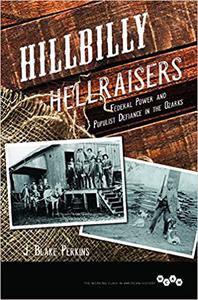
J. Blake Perkins, "Hillbilly Hellraisers: Federal Power and Populist Defiance in the Ozarks "
English | ISBN: 0252041372 | 2017 | 296 pages | EPUB | 3 MB
Long a bastion of antigovernment feeling, the Ozark region today is home to fervent strains of conservative-influenced sentiment. Does rural heritage play an exceptional role in the perpetuation of these attitudes? Have such outlooks been continuous?


